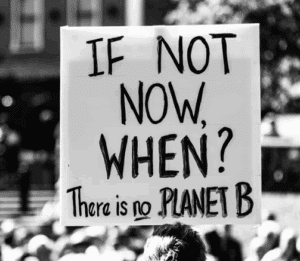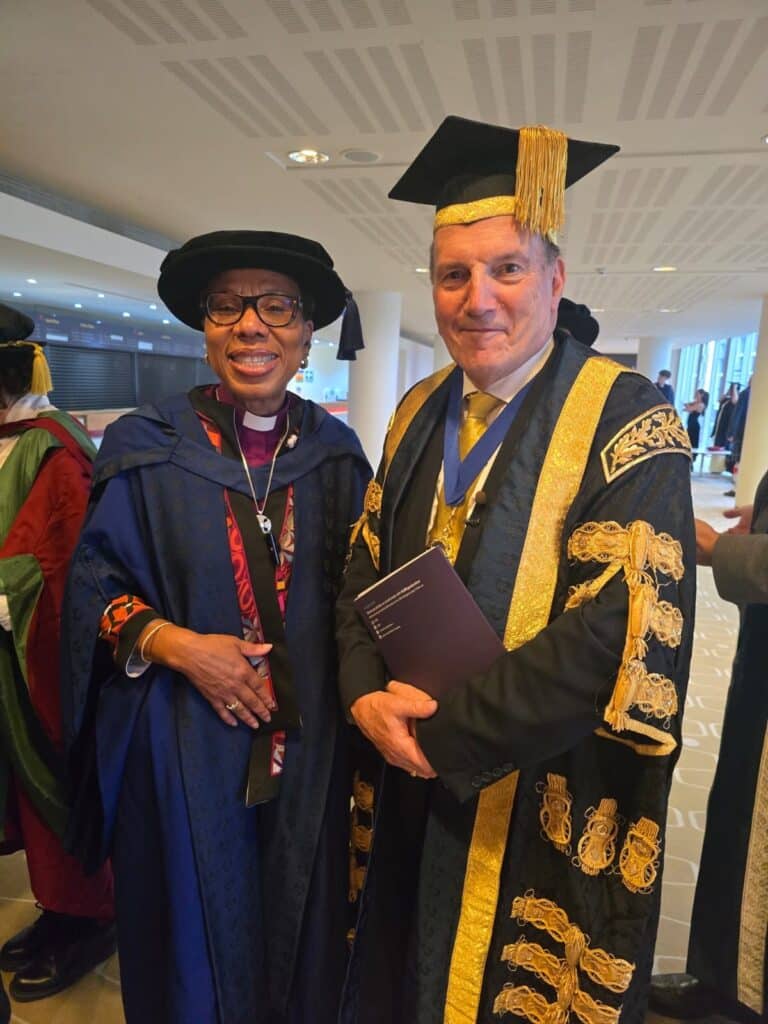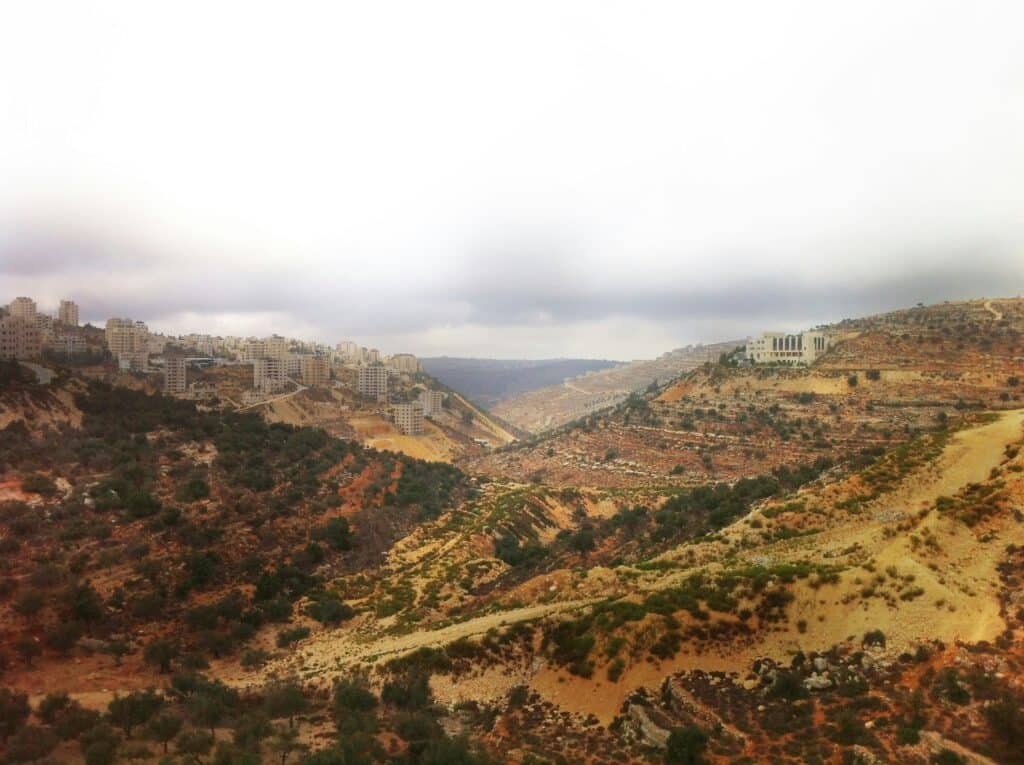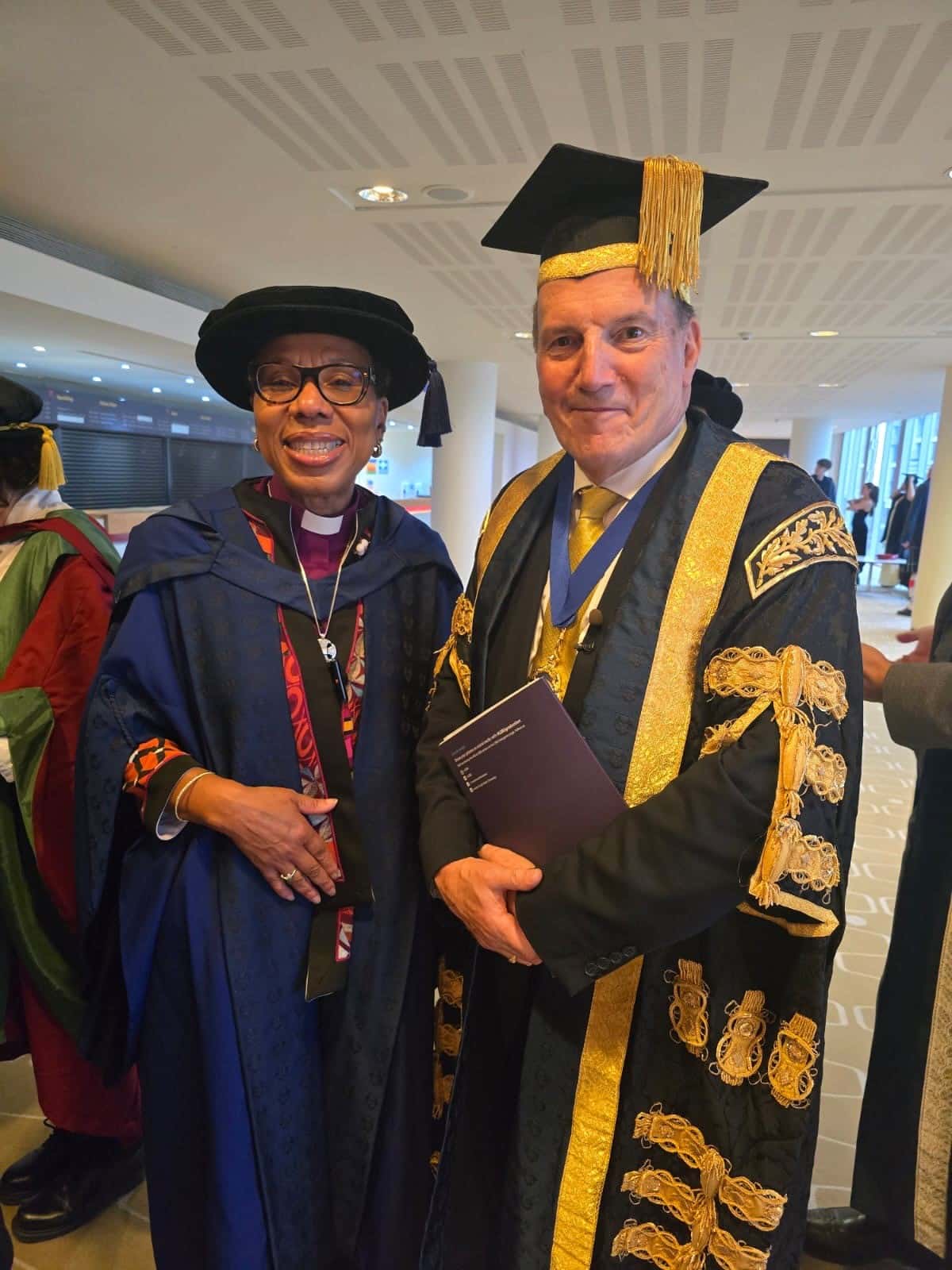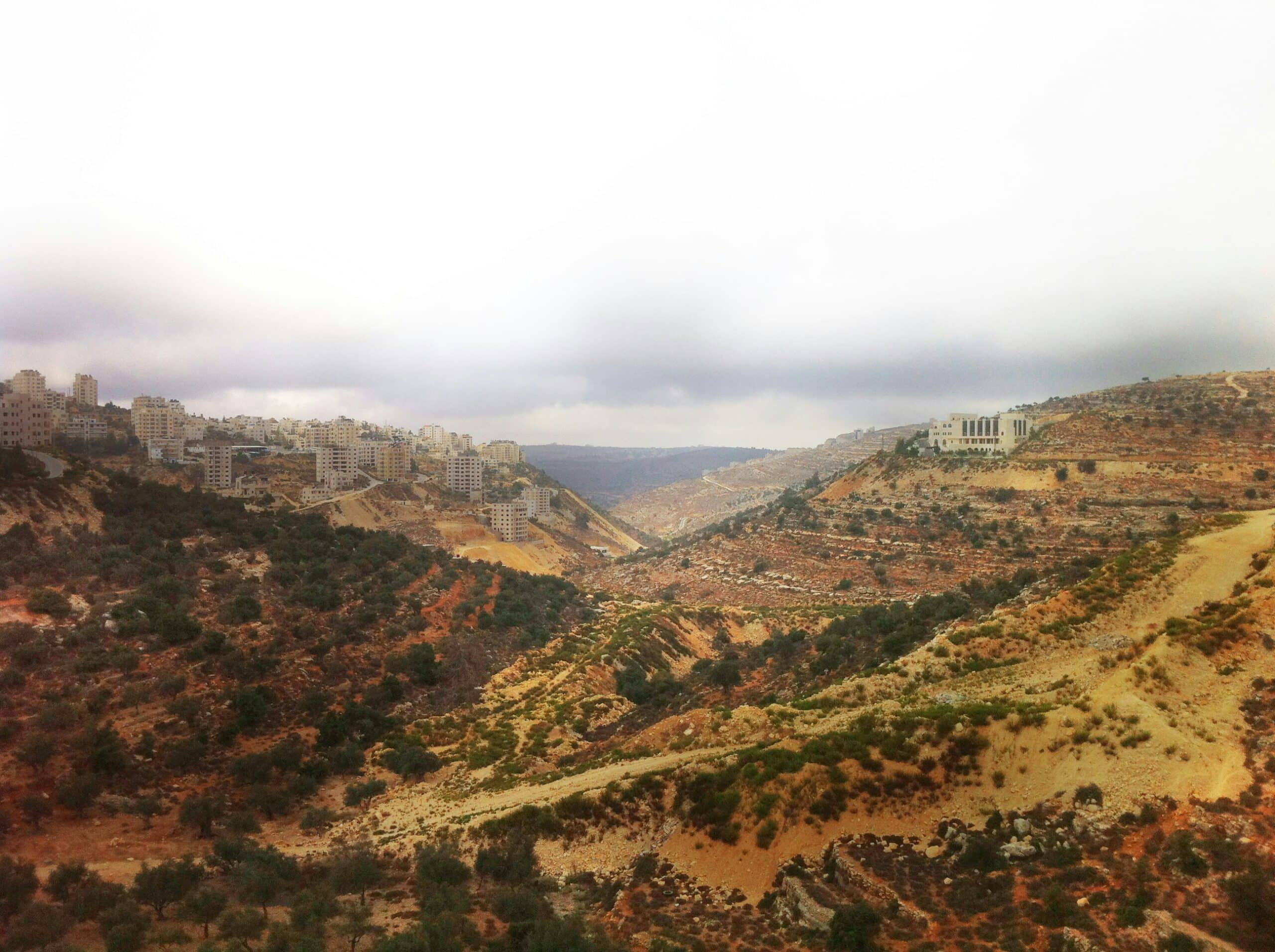Though not always at the forefront of environmental messaging, climate change is at its core a justice issue. The effects of climate and nature breakdown are not felt evenly. Instead, the harm falls most heavily on the world’s most vulnerable communities – often those from global majority heritage, who have contributed least to the problem and have the least resources to respond.
We see this across the globe: from extreme storms in the Caribbean, to rising sea levels in the South Pacific, to droughts threatening food security across Sub-Saharan Africa. But, environmental injustice is not only something happening ‘far away’ – it is also deeply present here in the UK.
Poorer and global majority heritage communities in the UK often face higher levels of air and water pollution, as systemic racism has led to a concentration of polluting industries in marginalised communities. These communities simultaneously often have less access to green space, making them more vulnerable to climate hazards like heatwaves and flooding.
But the link between climate justice and racial justice runs deeper than the current impacts. Both are rooted in extractive systems that have treated people and the earth as commodities for profit rather than gifts from God to be cherished and protected.
The profits from the slave trade and colonialism fuelled the Industrial Revolution, which in turn has fuelled the climate crisis – which continues to disproportionately harm Black and Brown communities. Whilst the transatlantic slave trade and the British Empire have formally ended, their legacies persist. The ongoing climate breakdown is a long echo of that exploitation – not just a matter of ‘history’, but something that continues to shape our current reality.
Therefore, addressing either the climate crisis or racial injustice without the other is insufficient; true solutions must recognise their interconnected nature and address both.
What does this look like in practice?
- Integrating justice into climate solutions: Climate action must address racial inequalities and ensure that solutions do not further marginalise vulnerable communities.
- Support for community-led movements: It is crucial to amplify the voices of communities most affected by environmental racism and support organisations that are fighting for both racial and environmental justice.
- Increase representation: Environmental leadership and advocacy spaces must include a rich diversity of voices, with more people from global majority heritage in leadership roles.
- Invest in a just transition: A green economy should provide job opportunities in clean energy and sustainable practices for communities disenfranchised by past and present injustices.
- Strengthen laws and accountability: International and national laws must hold polluters accountable and ensure the costs of the energy transition are not borne by the poor.
The churches role
We must recognise that climate change is not just a scientific or political issue – it is a biblical concern. In failing to cherish the earth that God has provided, we have also failed to love our local and global neighbours, and particularly those from global majority heritage backgrounds who suffer the most.
The fifth mark of mission is often cited as the one that spells out ‘creation care’ as a missional imperative – ‘to strive to safeguard the integrity of creation and sustain and renew the life of the earth’. But, we less often consider how caring for God’s world flows throughout other Marks of Mission, in particular the fourth, which calls us ‘to transform unjust structures of society, challenge violence of every kind, and pursue peace and reconciliation’.
With this in mind, we must recognise that creation care is not a separate concern from social and racial justice; and it is a core part of Christian discipleship. The Church has a prophetic role to play in climate conversations, which must seek to mobilise the whole Body of Christ. At the same time, conversations must include a breadth of voices from all areas of the church – with racial justice held as a central concern rather than an afterthought.
As followers of Christ, we do not live out our faith in a vacuum. In this age of climate breakdown and racial inequality, caring for both people and planet it not an extra to our faith – but an integral part of faithful discipleship.
Let us then, commit ourselves to educating, mobilising, and acting together as the Body of Christ for the flourishing of the entirety of God’s creation: both humanity and the earth.
With special thanks to Rev Funke Ogbede for her contribution to this blog.
Further Resources




